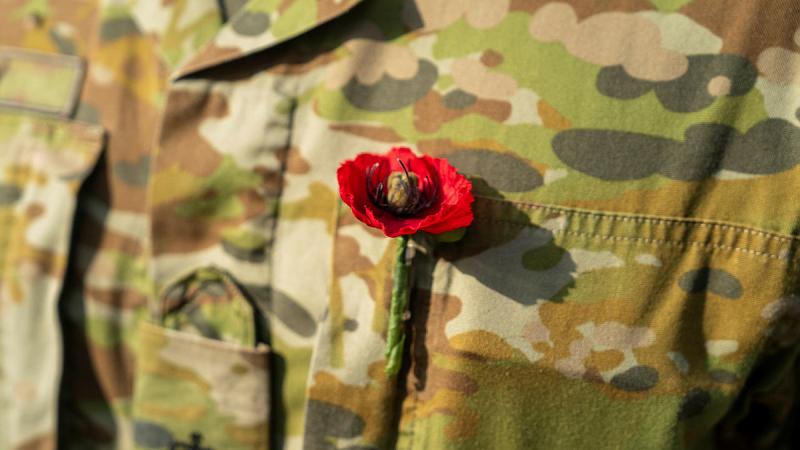A new ACIAR-funded project will help governments, financial service providers and NGOs better understand the impacts of mobile financial services on farming households in developing countries.
The project team hopes by adding to the global understanding of these impacts, their research will inform financial product design, policy decisions, and NGO practices.
The project, led by the University of Western Sydney, will run for 5 years and focus on the impacts of financial services enabled by smartphones and other mobile devices on women and men in farming households in Cambodia and Laos.
Dr Todd Sanderson, ACIAR Research Program Manager for Social Systems, anticipates the project’s findings will be extrapolated to other countries where such services are growing.
‘There is limited knowledge globally about the relationship between women, mobile finance and development, so there is a good chance that the evidence we find through this project can contribute to the global thinking about delivering better services and mitigating risks,’ he said.
‘ACIAR is committed to progressing the position of women and girls in the areas where we work. If we believe the claims being made about mobile financial services, then there may well be potential for well-designed products to propel women and girls to better positions within their communities and economic hierarchies.’
He said while great claims are made about the role of mobile finance services in supporting development, little evidence exists to back up these claims.
In fact, Dr Sanderson said, there were just as many reasons to be concerned about the risks including going into debt and accessing online gambling.
Project leader, Dr Erin Taylor, University of Western Sydney, said it is widely thought that using mobile phones to deliver credit, savings, insurance and payments empowers farmers to better manage their finances.
‘It’s assumed that mobile access to finance can help farmers buy inputs or new equipment, to increase income and improve food security. But we lack evidence,’ said Dr Taylor.
Across the globe, women manage 80% of household spending and may benefit from increased access to financial services. Easier access to financial services could help women fulfil-or even transform-their roles. Due to the digital gender gap, however, women have less access to online resources and services than men – therefore the opportunities offered by mobile financial services may be curtailed by lack of access,
The project will systematically research the impacts of mobile financial services on the everyday lives of farming families, especially women.
‘For example, how will it affect their ability to send and receive money, make payments, and store money digitally instead of having to carry around cash? There could be benefits for women, as well as risks. We are really interested in capturing the perspectives of people who will be impacted,’ said Dr Taylor.
The project team will first do a global survey to collect all existing information. They will look at academic literature as well as seek internal reports from NGOs, governments and financial institutions.
They will identify knowledge gaps and propose future design opportunities in Cambodia and Laos to fill those gaps.
The project team includes economists, anthropologists and a human geographer, and is located across Australia, Laos and Cambodia. The team will interview people who are part of farming households and observe their financial behaviours. Economic experiments will deepen the team’s understanding of how the farmers assess financial service tools.
Dr Taylor said it was important to study the impact of mobile financial services now, as more people in rural and remote communities in Laos and Cambodia were buying smartphones and more financial service providers are entering the market. This is complicating regulation of the sector.
The project team will engage with other stakeholders including central banks, governments, NGOs and companies.
The project is funded through the ACIAR Social Systems Research Program and is working in close collaboration with key partner institutions including the University of Adelaide, Royal University of Phnom Penh, and the National University of Laos.







